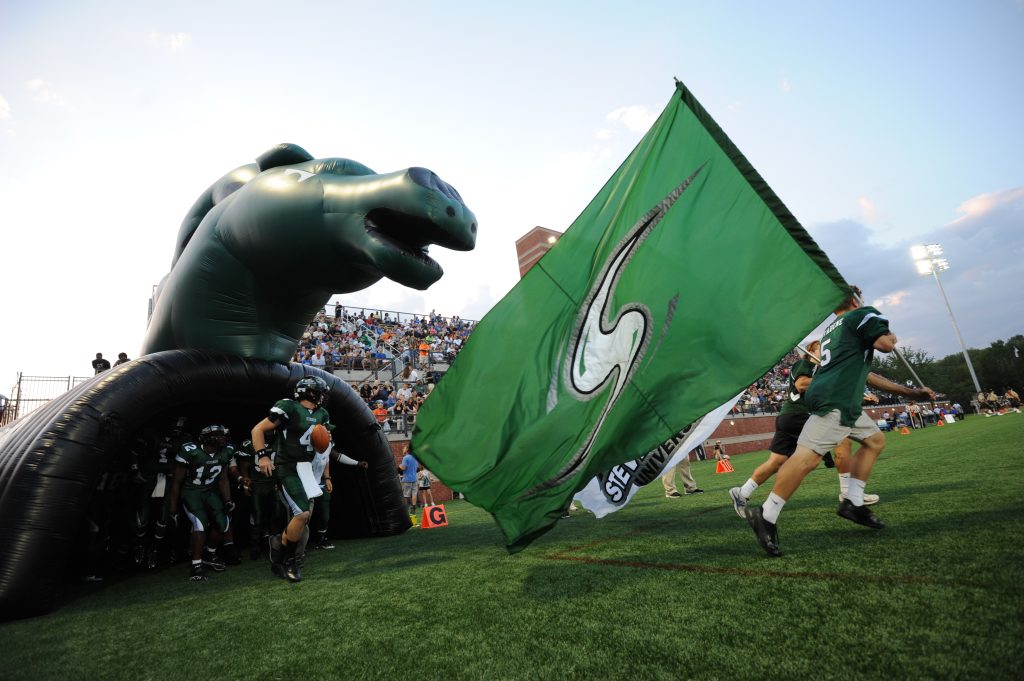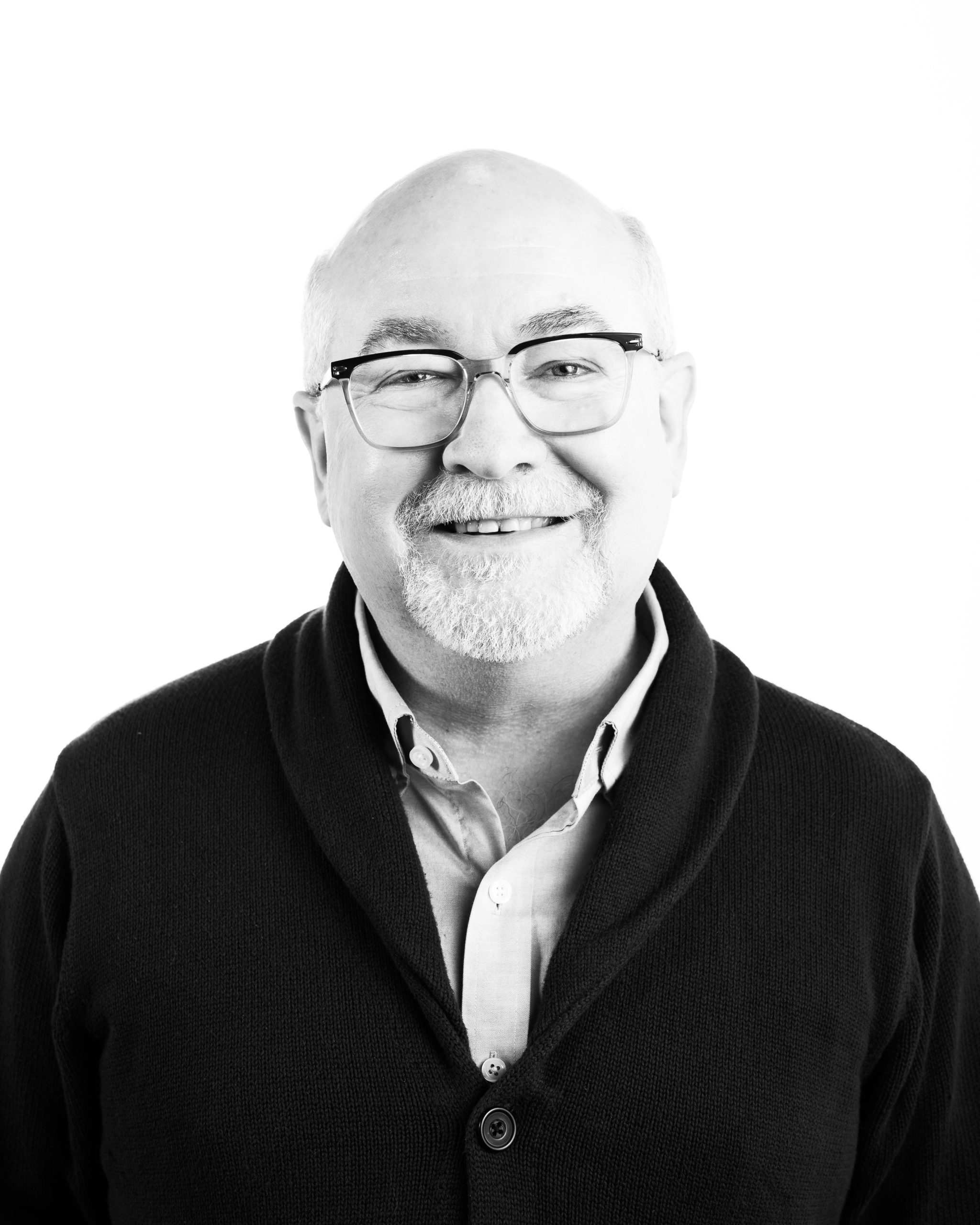Lee Krahenbuhl Ph.D.
Education
- Ph.D., Speech: Theatre; University of Oregon
- M.A., Ethics/Theology and the Arts; Pacific School of Religion
- B.A., German Language; Linfield College
- B.A., Communications; Linfield College
Professional Experience
- Stevenson University, 2018-Present
- Mercy College of Ohio, 2007-2018
- Professional experience prior to 2007: see https://leekrahenbuhl.org
Research
- Communication at the Confluence of Theatre History and American Religious Movements
- Intergenerational Communication and the Transmission of Family Narrative
- The Hermeneutics of Storytelling and Performing Arts
- Communication and Culture
- Entertainment History
- History of American Communication, Theatre, and Religious Movements of the 19th Century
- Spirituality on Page, Stage, and Screen
Publications
- Krähenbühl, Lee. “Actors Wandering through the Desert to Brigham: The Strange, True Tale of Carter’s Dramatic Combination and their ‘Spirit Guides,’ 1871.” The John Whitmer Historical Association Journal, vol. 41 #2, Fall/Winter 2021, 67-100. Click here for full text; view a synoptic video presentation here.
- Forthcoming: “Joseph’s Actor”: Rediscovering the Life of the Eminent Tragedian Thomas A. Lyne (1806-1890), Accidental Father of Elocution & Theatre among the Latter-day Saints
- Selected articles: “Thomas A. Lyne, the Latter-day Saints, and American Theatre: Confluences and Influences, 1844-1904,” The John Whitmer Historical Association Journal, Spring/Summer 2020, vol. 40 #1
- “A Theatre Before the World” Performance History at the Intersection of Hebrew, Greek, and Roman Religions Processional.” The Journal of Religion and Theatre, vol. 5 #1, Summer 2006
- “‘God in Three Personae, Blessed Trinity’: Theatre Education to Subvert the Puritan Antitheatrical Prejudice.” The Journal of Religion and Theatre, vol. 4 #1, Summer 2005
Teaching
At Stevenson University:
- FYS 100-CMON First Year Seminar, Communication
- CM 101 Public Speaking
- CM 120 Human Communication
- CM 205 Communication Ethics
- CM 206 Listening and Communication
- CM 211 Intercultural Communication
- CM 236 Research and Writing
- CM 445 Leadership and Communication
- CM 505 Communication Theory and Applications
- CM 610 Human Communication
- CM 615 Nonverbal Communication
- CM 720 Communication Studies Capstone
Highlights
Dr. Lee Krähenbühl (he/him/his), Professor of Communication, is Chair of the Department of Communication and Director of the Graduate Program in Communication Studies. He is President of the Maryland Communication Association, and has taught Communication, Entertainment History, Theatre, and World Religions at the college and university levels for over thirty years. Dr. Krähenbühl is also a singer/songwriter, actor, director, designer of both traditional and online curricula, and scholar of the interaction of the performing arts and religious movements in the Western hemisphere from the precolonial era to the present, with special emphasis on North America in the nineteenth century. He is a 14th-generation teacher: a paternal sixth great grandfather, Benjamin Sneed (1721-1819), was schoolmaster to Thomas Jefferson’s family near Monticello; a ninth, Thomas Thacher (1620-1678), was professor and mentor to the American theologian and eventual Harvard president Cotton Mather. An eleventh great grandfather, John Lothrop (1584-1653), was a London contemporary of William Shakespeare; he pastored an independent congregation just blocks from the Globe Theatre in Southwark. Imprisoned there for his nonconformist religious teaching, he was afterward exiled to America, where he became one of the architects of the doctrine of separation of church and state. Dr. K. considers it a privilege to teach at Stevenson University, with its motto: Pro Discendo, Pro Vivendo—“For Learning, For Living.”
Learn More
DISCLAIMER: The content of this faculty profile page was created, authored, and published by the identified faculty member. Stevenson University (SU) makes absolutely no guarantee as to the currency, accuracy, or quality of information published. The views and opinions expressed on this page or any links made available are strictly those of the author and do not necessarily state or reflect those of SU. The content of this profile page has not been reviewed or approved by Stevenson University.






